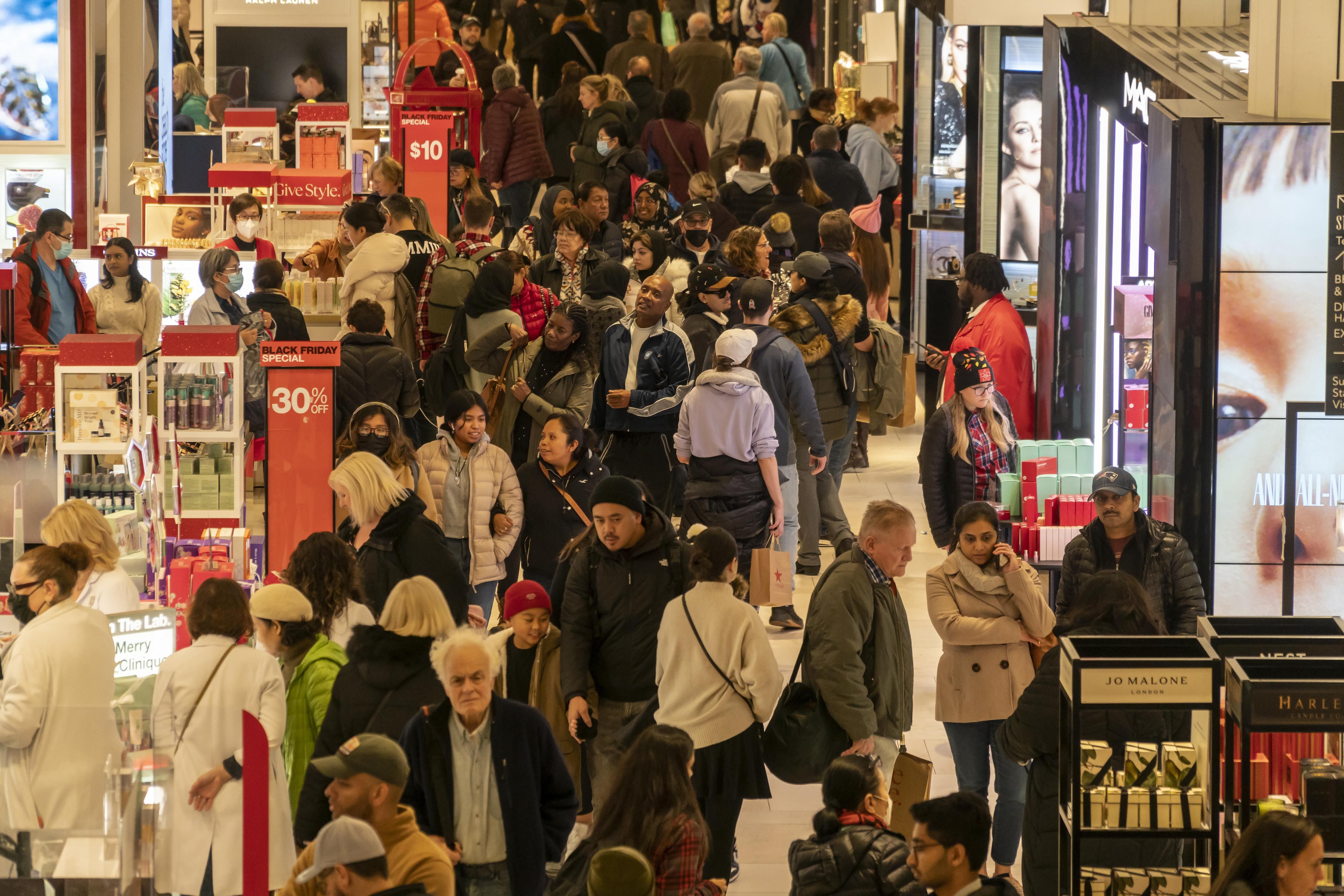We’re excited to unveil a new exclusive polling partnership with the survey firm Maru Public Opinion. First up: How much are Americans reaching for their wallets this holiday season?
___________________
'Tis the season for gingerbread, gelt, and glee. But after a year of unwinding from pandemic-related supply chain issues amid four-decade-high inflation and a war in Ukraine, just how festive are we feeling with our pocketbooks?
After all, much of the developed world is hip-deep in inflation, which is making prices soar for everything from bread to meat to gas. The IMF says that global inflation will hit a whopping 8.8% this year.
In the US, the Federal Reserve has been tackling inflation head-on by hiking interest rates at the quickest pace since the early Reagan years, with another bump expected next week. But making it harder to borrow money — combined with higher prices across the board — means that many Americans will think twice about splurging over the holidays.
“This was the first year that I can remember not participating in Black Friday or Cyber Monday in years!” says Patrick Howard, a father of two from Willis, Texas. “The price increases on just about all products have been really discouraging,” And he’s far from alone.
US consumer spending this holiday season will be considerably lower than last year, according to an exclusive new GZERO/Maru Public Opinion poll. Some 27% of Americans surveyed said they plan to spend less this year — with nearly half of them blaming inflation.
The average American intends to spend $252.60 less this year on holiday shopping compared to 2021. But not everyone’s cutting back: In fact, the poll shows that those tightening their belts tend to be middle-aged, with lower incomes, and especially women.
“If retailers are looking for an audience intent on spending more this holiday season, they’ll be best to target the younger Americans, particularly those with higher income, who will likely be leading those who are lining up to pay,” says John Wright, executive VP of Maru Public Opinion. “But this will not likely come in the form of significant foot traffic as two-thirds of Americans say their preference will be an online click-and-deliver experience this year.”
Still, there’s a lot left to play for. Even after Cyber Monday, most US consumers still have 71.9% of their gift-giving budgets in their pockets.
“The average American shopper still has a significant portion of their gift-giving list to get through, so even on the heels of Black Friday and Cyber Monday, all will be looking for bargains given this economic climate,” Wright adds.
As we slide into 2023, economists will be looking closely at December holiday spending to help measure the health of the US economy. Much of what they’ll see depends on whether and how Americans spend the bulk of that remaining budget.
GZERO & Maru Group are teaming up to bring you exclusive insights on American views related to the political economy. We will tell you more about this exciting new partnership next week. Stay tuned.
